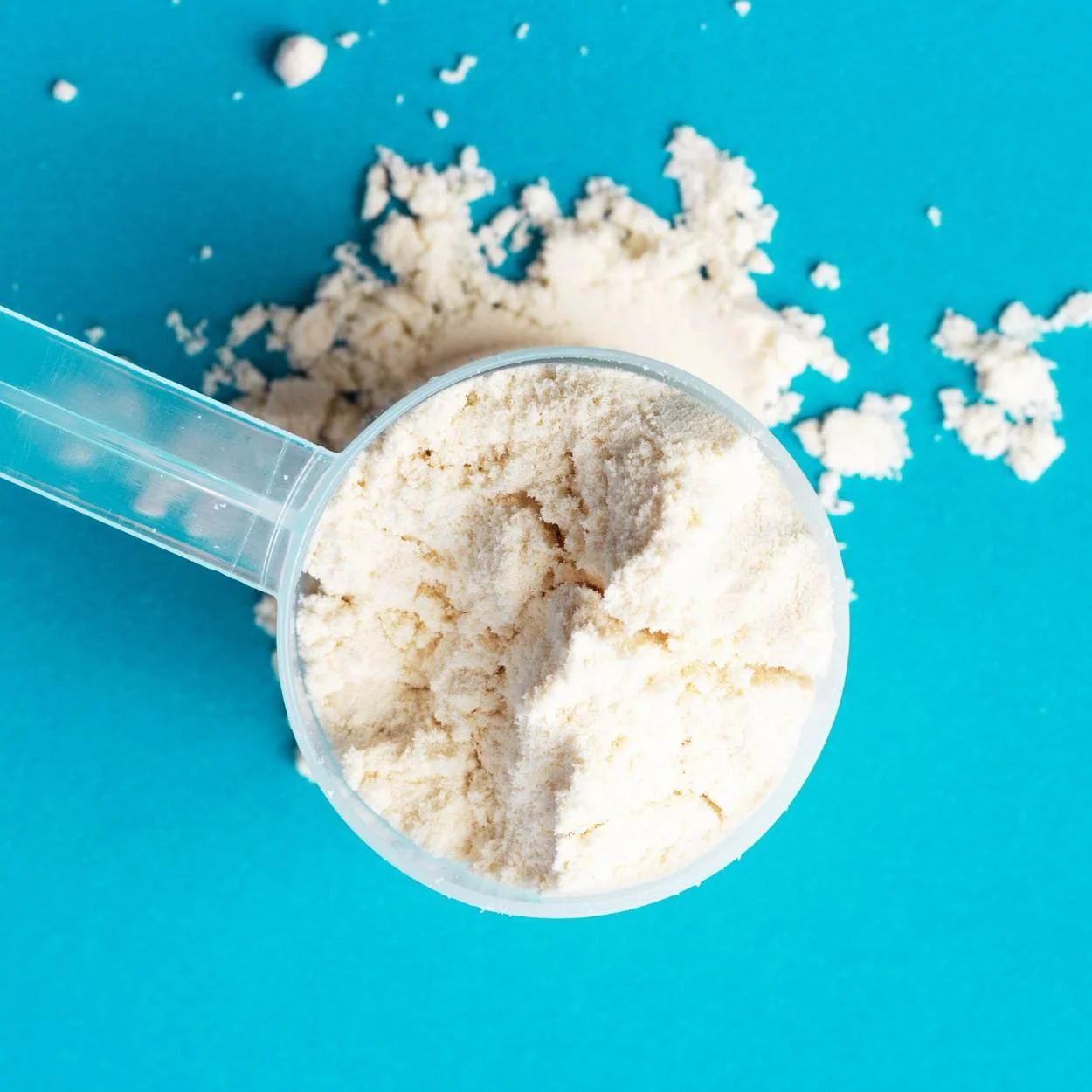Bipolar Disorder
is mental health condition characterized by extreme mood swings that include emotional highs (mania or hypomania) and lows (depression). These mood episodes can vary in duration and intensity. During manic phases, individuals may feel euphoric, overly energetic, and impulsive, while depressive phases can involve deep sadness, fatigue, and a loss of interest in daily activities. Bipolar disorder is divided into several types, including Bipolar I (characterized by full manic episodes) and Bipolar II (characterized by hypomanic and depressive episodes). Treatment often includes sleep hygiene, medications, and psychotherapy to help manage and balance these mood fluctuations
Our Ketamine Assisted Psychotherapy NYC Group (Group KAP) offers a unique path to healing—combining ketamine, connection, and community. Discover how group work transforms. Read more.
The holiday season often brings a mix of emotions—gratitude and grief, connection and overwhelm. While cultural narratives push us toward perfection and joy, the reality is often more nuanced. In this post, we explore how to move through the season with greater awareness, self-compassion, and choice—honoring both the light and the complexity it brings.
At New York Integrative Psychiatry, we believe mental health is about more than symptom relief. It’s about living with intention and purpose, and practices like gratitude help us stay aligned with what truly matters.
The cycle of heating the body, cooling it down, and resting improves circulation, helps muscles recover after exercise, supports sleep, and provides a potent sense of renewal. For many, it also fosters psychological resilience: practicing calm breathing through the intensity of heat or cold can translate into greater capacity to face everyday stress.
A new Phase 2b study finds that a single 100 µg dose of MM120, an LSD-derived compound, can deliver sustained anxiety relief for up to 12 weeks.
No matter what you’re going through, there is help, there is hope, and there are people ready to listen. Our clinicians are here to walk alongside you with compassion and evidence-based care. If you or someone you know is struggling, reach out — you don’t have to carry this alone.
Depression looks different for everyone. At New York Integrative Psychiatry, we take time to understand your experience—what you’re going through and where you want to be going. We’ll help you explore the options that make sense for you—whether that’s traditional medication, integrative strategies, or newer treatments like ketamine therapy.
Many of us carry and inherit stories, wounds, and pains we didn’t personally live through. More than just eye color or temperament from our families—we also inherit patterns of relating, coping, and surviving. This is the heart of intergenerational trauma: when the impact of trauma experienced by previous generations affects family systems/attachments, and intimate relationships.
One well-researched supplement gaining attention in this space is creatine monohydrate. Long used by athletes for physical performance, creatine is now being studied for its potential to support mental health and brain energy metabolism.
This post explains how L-methylfolate may be used to support treatment for depression, especially if you have certain genetic traits that affect how your body processes folate (like the MTHFR gene variant).
ADHD often shows up early in life, but for many, it isn’t recognized until later—sometimes in high school, college, or adulthood—when juggling responsibilities, planning ahead, or following through on tasks becomes more difficult. In this blog, we’ll explore integrative ways to manage ADHD and build on your strengths.
In my practice, one of the central goals of healing is to support individuals in reclaiming self-agency—the ability to make empowered choices, align with personal values, and feel a sense of autonomy in their mental health journey. Whether working with depression, anxiety, PTSD, or OCD, we focus on building self-efficacy, fostering self-worth, and helping people reconnect with meaning. Healing is as much about rediscovery as it is about transformation.
This article is about how to approach using ChatGPT thoughtfully and safely—especially if you're someone navigating emotional challenges between therapy sessions. It’s not an endorsement of AI as therapy, but a guide for harm reduction.
Orthorexia is a relatively new but increasingly recognized form of disordered eating. While not currently listed in the DSM-5, the National Eating Disorders Association (NEDA) defines it as an unhealthy obsession with eating “pure” or “clean” foods. This often shows up as strict food rules, compulsive ingredient-checking, and emotional distress around eating.
In our recurring series Research We’re Excited About, we highlight emerging science that expands our understanding of the mind-body connection and informs our integrative approach to mental health. One such area gaining momentum is metabolic psychiatry.
Explore JRT and bromo-LSD—two non-hallucinogenic LSD analogs—with potential to treat depression, schizophrenia, and cluster headaches. Learn how these compounds work without a psychedelic experience.
We often take light for granted—until we notice what happens in its absence. Shorter days, disrupted sleep, low energy, foggy focus. But light is more than just visual—it’s biological. At its core, light is a powerful, natural regulator of how we feel, function, and heal.
Because of its complexity and the ways it impacts multiple areas of a person’s life, C-PTSD typically requires a comprehensive and long-term treatment approach—one that goes beyond addressing trauma memories to also support emotional healing, nervous system regulation, and relational repair.
Beyond brain chemistry, addiction is also relational. Attachment theory, developed by John Bowlby and expanded by contemporary researchers, helps us understand how early emotional experiences shape our ability to connect with others—and with ourselves.
Chronic stress, inflammation, and depression can disrupt neuroplasticity—the brain’s ability to adapt and reorganize. Emerging research is deepening our understanding of how these factors impact brain function and mental health, while highlighting promising treatments like ketamine-assisted psychotherapy (KAP) that may help restore and support neuroplasticity.
In our recurring series, Research We’re Excited About, we’ll be sharing research that expands our knowledge and informs our integrative approach to mental health. Join us in learning from Dr. Rachel Yehuda, and her research on Intergenerational Trauma.
When it comes to taking medications for mental health or any other health condition, how a medication fits into your daily life is just as important as its intended benefits. Medications are meant to improve your quality of life, not diminish it by introducing challenging side effects.
When I think about integrative psychiatry, I picture it as a bridge. On one side is the robust science of modern medicine—the carefully studied pharmaceuticals, cutting-edge therapies, and neuroscience-backed insights. On the other side are the timeless wisdom traditions, practices that have supported human flourishing for millennia, including meditation, mindfulness, nutrition, and plant-based healing. The bridge is built when we see the value in both approaches, using them in harmony to support the unique needs of each individual.
The alignment between the core blockers in eating disorder recovery and the unique benefits of Ketamine-Assisted Psychotherapy is striking—and offers a profound sense of hope.
There are things we can do to enhance how neurotransmitters function in the brain and in the process improve the way we feel. Dopamine is one of these powerful neurotransmitters and is known for its role in driving motivation and the pursuit of rewarding experiences.
Omega-3 fatty acids are essential for both physical and mental well-being. Research shows they help reduce inflammation, support brain function, and improve mood. In this blog, we’ll cover how omega-3s boost mental health, the right doses, how to choose a quality supplement, and why taking them regularly is key.
Anxiety can negatively affect our quality of life, strain relationships, and make it difficult to cope with daily stress. The good news is that there are many effective ways to work with anxiety, helping to regulate the nervous system and restore a sense of calm and balance.
Ketamine therapy offers a promising new treatment option for veterans struggling with Treatment Resistant Depression and PTSD when conventional antidepressants haven’t worked.
Deciding to stop antidepressants is a deeply personal choice, influenced by factors such as current mood, past experiences with depression, and the support systems available. It's important to collaborate with your provider, weighing the pros and cons of discontinuation.






























Motivational Interviewing (MI) is a flexible, evidence-based technique that can be integrated into almost any therapeutic approach and focuses on the process of change itself.